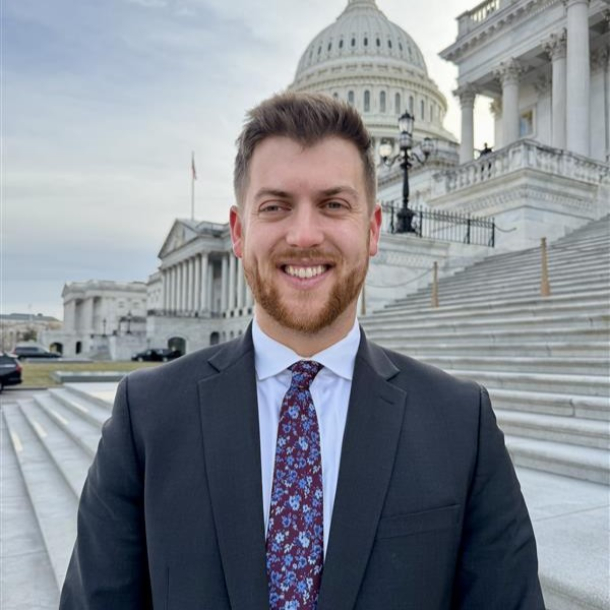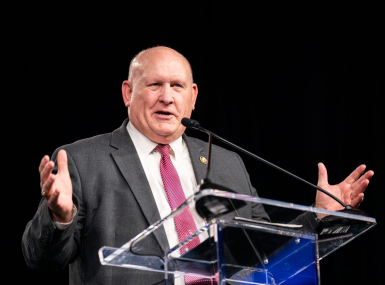House reintroduces bipartisan legislation to level playing field for rural communities
Author

Owen Hart

Rachel Yeung
Upcoming Events
Related News

Key Takeaways
On November 12, Reps. Andrea Salinas (D-Ore.-06) and David Valadao (R-Calif.-22) reintroduced The Rural Partnership and Prosperity Act of 2025 (H.R. 6041), bipartisan legislation intended to advance economic development in rural counties and overcome barriers to obtaining federal funding and resources. This bill was previously introduced in both the House and Senate in the 118th Congress.
Why the bill is important to counties:
Over 70 percent of the nation’s 3,069 counties are rural. Many rural counties face obstacles competing for federal investment opportunities because of a lack of adequate funding, capacity, and staffing. This legislation would address those shortfalls with targeted assistance and a whole-of-government effort to better support rural counties and the communities we serve.
What the bill does:
- Creates Rural Partnership Program grants to provide multiyear, flexible funding awards to partnerships of two or more rural stakeholders, including county governments, to address urgent needs in a particular rural community.
- Creates Rural Prosperity Technical Assistance grants to fund technical assistance providers operating in rural areas. Technical assistance providers can help rural counties pursue funding and carry out community development initiatives.
- Expands the Rural Partners Network (RPN), a USDA-led effort that puts federal staff on the ground in rural communities to facilitate easier access to federal resources.
How counties could use this funding:
As a result of NACo’s advocacy efforts, the Rural Partnership and Prosperity Act ensures that funding authorized by the bill is as flexible as possible. Potential eligible uses for counties and their community partners include, but are not limited to:
- Hiring critical county staff, such as grant writers, planners or economic development professionals
- Developing strategic community investment plans
- Funding affordable childcare services
- Addressing economic recovery from emergencies and disasters
- Investing in job training programs
- Creating public-private partnerships and attracting private investment
“Over 70 percent of America’s counties are rural and face unique challenges and opportunities every day,” said NACo Executive Director Matthew Chase. “A strong intergovernmental partnership is critical to creating opportunities for counties and our residents to thrive. The bipartisan Rural Partnership and Prosperity Act would equip rural counties and our partners with tools to optimize historic federal resources and investments in our communities. Counties applaud Representatives Salinas and Valadao for their leadership on this important issue.”
Want more information on NACo’s work to support rural counties?
Related News

National Association of Counties Reinforces Intergovernmental Partnership in Response to State of the Union Address
The National Association of Counties (NACo) responded to President Trump’s State of the Union address with a statement from Executive Director Matthew Chase.

House Agriculture Committee chairman targets Easter farm bill passage
House Agriculture Chairman G.T. Thompson (R-Pa.): “Let’s face it — the 2018 policy was really great for 2018, but it’s no match for the challenges of 2026.”

County leadership guides shared prosperity
There’s no chicken-or-egg debate: Economic mobility is not just a byproduct of growth — it is the result of intentional county governance.
Resource
Primer for Counties: 2026 Farm Bill Reauthorization
